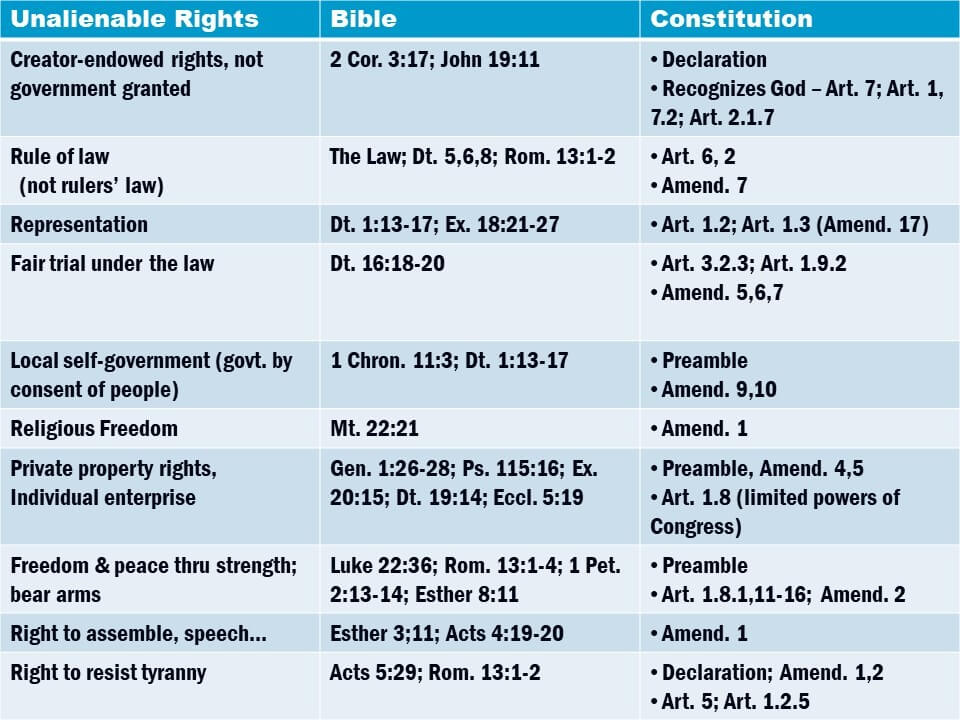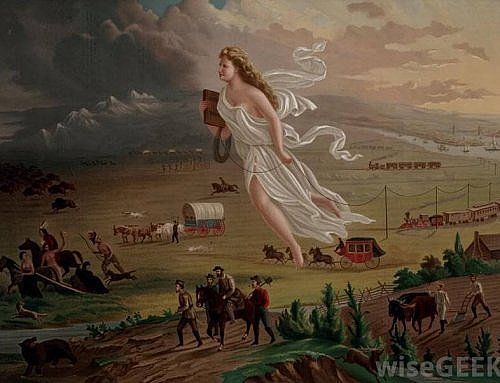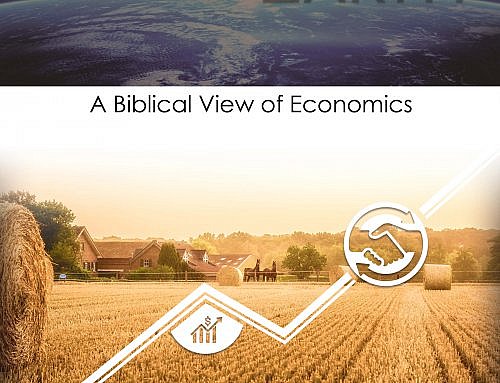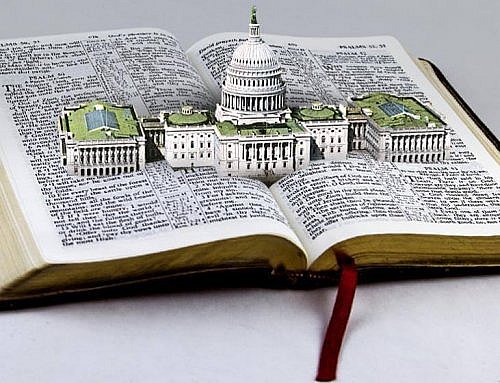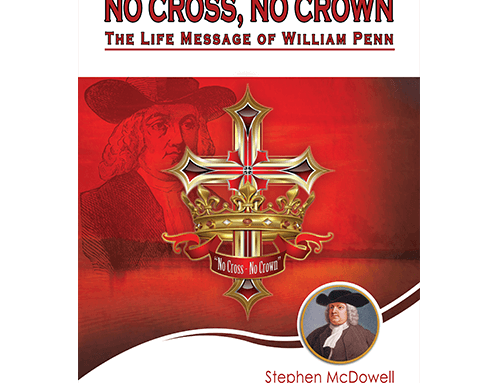By Stephen McDowell
The United States Constitution is perhaps the most important document ever written for the benefit of mankind other than the Bible. A prestigious literary journal reveals the reason why, declaring in 1867: “The American government and Constitution is the most precious possession which the world holds, or which the future can inherit. This is true – true because the American system is the political expression of Christian ideas.”[1]
The Constitution went into effect in 1789, thirteen years after the United States separated from Great Britain and became a nation. The ideological foundation of the Constitution rests in the biblical roots of the nation expressed in the Declaration of Independence, which acknowledges Creator-endow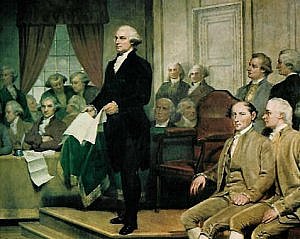 ed rights, embraces the laws of nature’s God as the highest authority, appeals “to the Supreme Judge of the World,” and expresses “a firm reliance upon the protection of divine Providence.”
ed rights, embraces the laws of nature’s God as the highest authority, appeals “to the Supreme Judge of the World,” and expresses “a firm reliance upon the protection of divine Providence.”
The Framers of the Constitution declared that its formation and ratification were a miracle of God. Shortly after the Constitutional Convention of 1787, the Father of the Constitution James Madison said: “It is impossible to conceive the degree of concord which ultimately prevailed, as less than a miracle.”[2] The President of the Convention George Washington wrote that the “adoption of the proposed General Government” disposed him to be of the opinion “that miracles have not ceased.” For, he said, one could “trace the finger of Providence through those dark and mysterious events, which first induced the States to appoint a general Convention and then led them one after another…into an adoption of the system recommended by that general Convention.”[3] Even the non-Christian Benjamin Franklin wrote: “Our General Convention…when it formed the new Federal Constitution, [was] …influenced, guided, and governed by that omnipotent and beneficent Ruler in whom all…live, and move, and have their being.[4]
The Founders believed that God was involved in America adopting the Constitution because it contains many biblical principles of good governance. It was the foundation for the advancement of liberty, justice, and prosperity in America and became an example to the world. Washington wrote that the U.S. Constitution and system of government is “in my opinion the fairest prospect of happiness and prosperity that ever was presented to man.”[5] Its purpose, power, premise, and form are Christian.
The Preamble of the Constitution reveals the biblical purpose of government as expressed by the Apostles Paul and Peter: “to establish justice” (1 Pet. 2:14); “to insure domestic tranquility (1 Tim. 2:1-2); “to provide for the common defense” and “promote the general welfare” (Rom. 13:4); and to “secure the blessings of liberty.”
The power of the Constitution flows from its underlying ideas which include: the reign of law, Creator-endowed rights, just trials, self-government, religious freedom, private property rights, Christian union, and right of defense. Each of these have their origin in biblical truth.
The United States Constitution has been so successful because the Framers had a biblical view of man. They understood original sin, human depravity, and the temptation of power to corrupt. John Adams, quoting Jeremiah 17:9, reflects the premise of American government: “The Word of God … informs us, the heart is deceitful above all things, and desperately wicked.”[6] This worldview affected the form of the Constitution. Legislative, executive, and judicial powers were divided among three branches of government with a number of checks and balances. The Constitution specified the limited powers of each branch, with the national government prohibited from being involved in religion, education, and media. The states retained most power, and everyone was subject to the written law. Frequent elections enabled the governed to hold those who govern accountable. In instituting these provisions, the Founders were following the example of the Hebrew Republic established by Moses.
James Madison wrote in the Federalist: “If men were angels, no government would be necessary.”[7] However, the Bible teaches men are not angels, but fallen and fallible beings who have a sinful nature and, thus, cannot be entrusted with too much power. The U.S. Constitution presupposed this idea, and any nation desiring to live in liberty should seek to incorporate biblical structures of government. More importantly though, they should copy the principles.
The Constitution has been an example to the world. When it went into effect 230 years ago, there was not one like it. Today, about 175 countries have a constitution, most inspired by and some directly copied from America’s. Most of the nations have not experienced the same blessings this document produced in America because, while copying the form, they neglected its power and premise.
According to Washington, the establishment of the U.S. Constitution demonstrated “the finger of Providence in human affairs greater than any event in history.”[8] Yet, the Framers of the Constitution knew it was not a perfect document, and hence, they made provision to amend it. Nonetheless, it is the best form of government mankind has produced because “it is the political expression of Christian ideas.” Since these biblical ideas have brought great blessings to mankind, all effort must be taken to learn, teach, and preserve America’s great political charter of liberty.
[1] The North American Review, in The Christian History of the Constitution of the United States of America, Christian Self-Government with Union, Verna M. Hall, compiler, San Francisco: Foundation for American Christian Education, p. 34.
[2] Robert A Rutland, ed., The Papers of James Madison, University of Chicago Press, 1962, 10:208.
[3] George Washington, The Writings of George Washington from the Original Manuscript Sources, 1745-1799, edited by John C. Fitzpatrick, 39 vols., Washington, DC: U.S. Government Printing Office, 1931, 29:525.
[4] Albert Henry Smyth, editor, Writings of Benjamin Franklin, Macmillan Co., 1905-07, 9:702.
[5] Washington to Thomas Jefferson, August 23, 1792, Writings, 32:131.
[6] John Adams, The Works of John Adams, Charles Francis Adams, editor (Boston: Little, Brown & Co., 1856), Vol. 6, A Defense of the Constitutions of Government of the United States of America, “Chapter First. Marchamont Nedham. The Right Constitution of a Commonwealth Examined.”
[7] Alexander Hamilton, James Madison, and John Jay, The Federalist, A Commentary on the Constitution of the United States, edited by Paul Leicester Ford, New York: Henry Holt and Company, 1898, p. 344.
[8] George Bancroft, History of the United States of America, D. Appleton and Co., 1891, 6:414.

